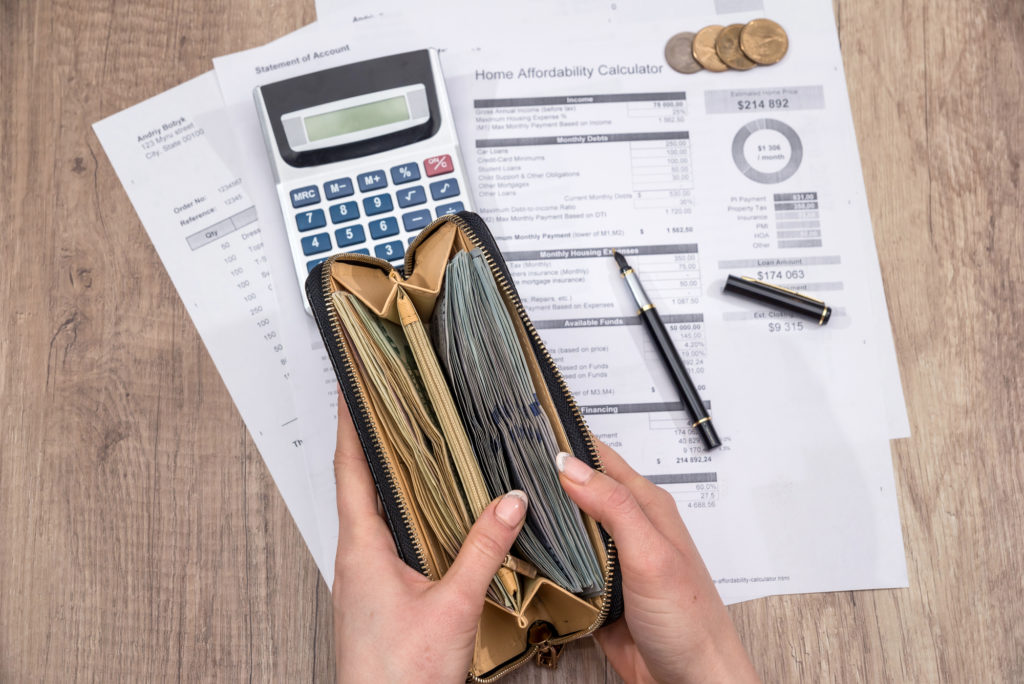 This year has been a very difficult one for small business owners. Some tax rules have made it a little easier to defer some taxes to next year. But that means coming up with cash to pay them. In addition, some other situations may contribute to owing more taxes when filing 2020 returns in 2021.
This year has been a very difficult one for small business owners. Some tax rules have made it a little easier to defer some taxes to next year. But that means coming up with cash to pay them. In addition, some other situations may contribute to owing more taxes when filing 2020 returns in 2021.
Here’s what to keep in mind so you aren’t caught short of cash when needed.
Deferral of payroll and self-employment taxes
The CARES Act allows employers to opt to defer the employer share of Social Security taxes that are part of FICA in 2020 (6.2% on taxable compensation of an employee up to $137,700). But then 50% of the deferred amount must be paid by December 31, 2021; the other half is due by the end of 2022.
Self-employed individuals can choose to defer the so-called employer share of FICA that’s part of self-employment tax. The maximum deferral amount is figured in Part III of Schedule SE. The deferred amount is then treated as an “other tax payment” on Schedule 3 of Form 1040 or 1040-SR (i.e., as a tax payment that’s been made). Again 50% of the deferred amount is due by December 31, 2021, and the other 50% by December 31, 2022.
Interest on 2019 tax refunds
Usually, the IRS isn’t obligated to pay interest on tax refunds unless they are more than 45 days late. However, this year, the IRS agreed to pay interest on refunds to taxpayers who filed on or after April 15, 2020, but no later than July 15, 2020 (the IRS-extended deadline for 2019 income tax returns for individuals and calendar-year C corporations). However, the interest has been paid only to individuals (which includes owners of pass-through entities); not to C corporations.
This interest is taxable on 2020 returns. The IRS will generate Form 1099-INT for interest payments of $10 or more.
Underpayments of 2020 estimated taxes
Cash-starved businesses in 2020 have led owners of pass-through entities to forgo or underpay estimated taxes for the year. The first and second installments of estimated taxes were due on July 15, 2020; the next installment is due September 15, 2020, and the final payment of estimated taxes for 2020 is due on January 15, 2021.
If underpayments fall below certain thresholds (see “General Rule” on page 22 in IRS Publication 505), then penalties apply. However, with today’s low interest rates, the penalties are not that severe. The IRS interest rate on underpayments for the first and second quarters of 2020 was 5%; it dropped to 3% for the third quarter and can be reset (higher, lower, or stay the same) for the final quarter beginning October 1, 2020.
What’s more, you can get the penalty waived if the underpayment is caused by a “casualty, disaster, or other unusual circumstance that would be inequitable to impose the penalty.” COVID-19 might just be an “unusual circumstance” to merit a penalty waiver.
Final thought
There’s one more reason to consider the need for additional cash in 2021 to pay taxes. If there is a change in Washington and tax rates rise, owners of pass-through entities will likely need to make bigger estimated tax payments, starting on April 1, 2021.


